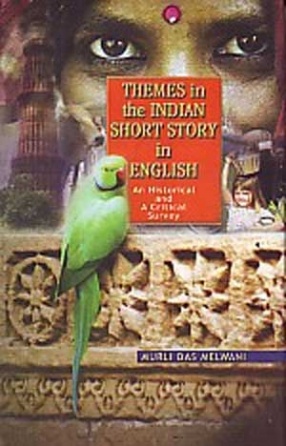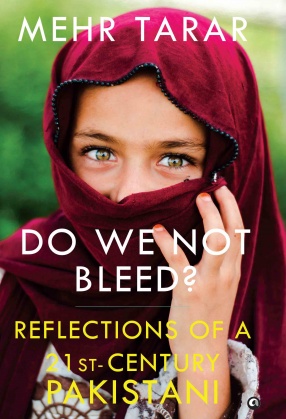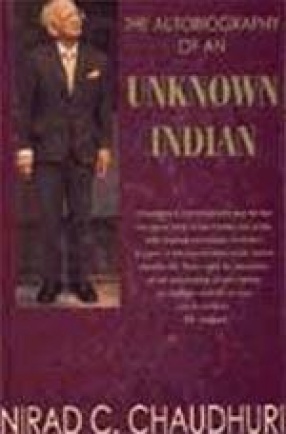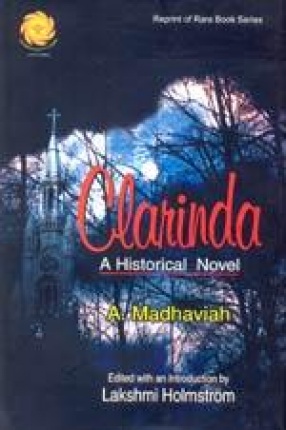16.20
14.58
$
18.00 $
Free delivery Wolrdwidе in 10-18 days
Ships in 3-5 days from New Delhi
Membership for 1 Year $35.00
Get it now and save 10%
Get it now and save 10%
BECOME A MEMBER







REVIEW IN THE JOURNAL OF INDIAN WRITING IN ENGLISH, July 2010 issue Critical works on Indian Short stories are very rare, although the genre of short story is practiced by a large number of writers. Murli Das Melwani has done a great service to the academic world by offering his valuable historical and critical survey of the Indian short story from the earliest writer, K.C.Dutt (1835) to the latest one, Nikika Laloo Tariang. Though the genre of short story is neglected as if it is a step-child of literature, it provides a wealth of diversified material to the researcher, who is sophisticated in his approach. As Melwani rightly suggests, the vision of short fiction is diversified, mosaic, piecemeal and kaleidoscopic. Hence it offers a challenge to the researcher, if not to a common reader, to discern the hidden patterns of thought, behaviour and culture. Far from parroting the Western critical concepts, Melwani rightly goes to the Indian roots of the genre like the Jataka Tales and Kathasaritsagara and juxtaposes them with the Western masters like Maupassant, Chekhov and others. After offering a perceptive introduction to the theory of short story from a global perspective, he traces the growth of it by briefly discussing all the major Indian short story writers of different decades. The chapter on the beginnings of the Indian short story during 1835-1935 is very valuable as it offers information on writers like Cornelia Sorabji, S. B.Bannerjea, A.S.P. Ayyar and Shankar Ram, who are not sufficiently known to modern scholars. The first flowering of the short story writers (1935-1945) is attributable to the celebrities like Mulk Raj Anand, Raja Rao and Manjeri Iswaran. The following chapters introduce the other short story writers, who are not easily visible in critical works, like Leslie Noronha, Nargis Dalal, Rishi Reddy and others. He has covered the works of writers published up to 2007. He must be congratulated for giving a legitimate place for these writers in the history of Indian English short fiction. But the present reviewer is surprised to notice that his own two short story collections like The Thief of Nagarahalli and Other Stories (1999, 2008, short listed for the Commonwealth Fiction Prize for the Best First Book from Eurasia in 2000), and The Rebellious Rani of Belavadi and Other Stories (2001) are conspicuously missing from Melwani’s otherwise excellent survey. The greatness of Melwani’s survey is to be found in the fact that he has given the award of recognition to almost all the Indian English writers of short fiction; that he has made very insightful and candid remarks about the general qualities of each short story writer and particular features of important short stories of the same writer; and that he comments on the major concerns of each decade seen in the stories of the writers of that decade. On the whole, Melwani has shown how the short story has moved from fantasy to realism, from the supernatural to the social and from the religious to the secular and psychological dimension. He rightly pays homage to the little magazines and small publishers, who have nourished the genre of short story in India to a great extent. Similarly he deplores the absence of attractive literary awards and prizes in India exclusively meant for Indian English writers, especially short story writers. Melwani’s book is happily free from the fashionable, trendy, stodgy, Western critical jargon and may be enjoyed by the academic scholar as well as by the common reader alike. He deserves our heart-felt congratulations for his hard won insights, which are a product of life-long dedication and cogitation and not of the hasty conclusions of a Ph.D. scholar. The book provides abundant material and direction to the M. Phil and Ph.D. scholars, who will be eagerly looking for fresh topics for fruitful research. One hopes that Melwani keeps on revising and updating his valuable book every year.
Bibliographic information